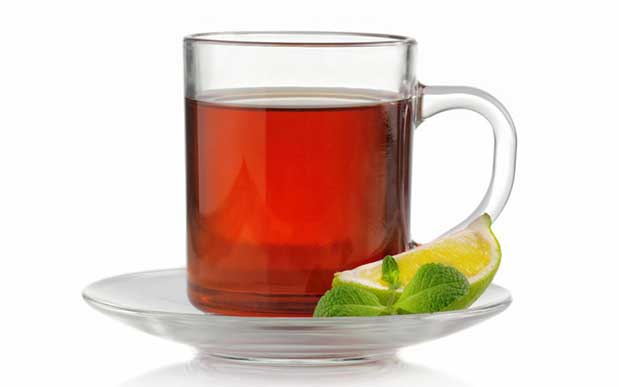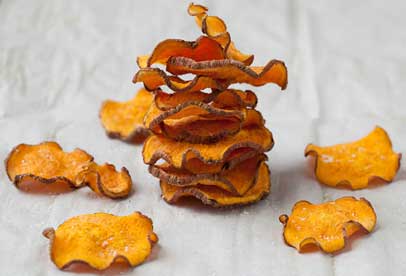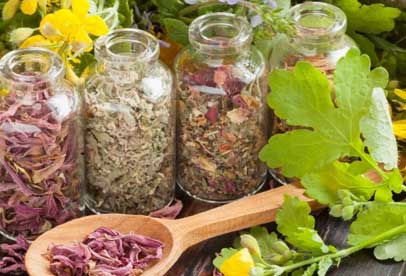
Daily consumption of tea protects the elderly from cognitive decline
A cup of tea a day can keep dementia away, and this is especially so for those who are genetically predisposed to the debilitating disease, according to a recent study led by Assistant Professor Feng Lei from the Department of Psychological Medicine at National University of Singapore′s (NUS) Yong Loo Lin School of Medicine.
The longitudinal study involving 957 Chinese seniors aged 55 years or older has found that regular consumption of tea lowers the risk of cognitive decline in the elderly by 50 per cent, while APOE e4 gene carriers who are genetically at risk of developing Alzheimer′s disease may experience a reduction in cognitive impairment risk by as much as 86 per cent.
The research team also discovered that the neuroprotective role of tea consumption on cognitive function is not limited to a particular type of tea - so long as the tea is brewed from tea leaves, such as green, black or oolong tea.
"While the study was conducted on Chinese elderly, the results could apply to other races as well. Our findings have important implications for dementia prevention. Despite high quality drug trials, effective pharmacological therapy for neurocognitive disorders such as dementia remains elusive and current prevention strategies are far from satisfactory. Tea is one of the most widely consumed beverages in the world. The data from our study suggests that a simple and inexpensive lifestyle measure such as daily tea drinking can reduce a person′s risk of developing neurocognitive disorders in late life," explained Asst Prof Feng.
He added, "Based on current knowledge, this long term benefit of tea consumption is due to the bioactive compounds in tea leaves, such as catechins, theaflavins, thearubigins and L-theanine. These compounds exhibit anti-inflammatory and antioxidant potential and other bioactive properties that may protect the brain from vascular damage and neurodegeneration. Our understanding of the detailed biological mechanisms is still very limited so we do need more research to find out definitive answers."
In this study, tea consumption information were collected from the participants, who are community-living elderly, from 2003 to 2005. At regular intervals of two years, these seniors were assessed on their cognitive function using standardised tools until 2010. Information on lifestyles, medical conditions, physical and social activities were also collected. Those potential confounding factors were carefully controlled in statistical models to ensure the robustness of the findings.
The research team published their findings in scientific journal The Journal of Nutrition, Health & Aging in December 2016.
Asst Prof Feng and his team are planning to embark on further studies to better understand the impact of Asian diet on cognitive health in aging. They are also keen to investigate the effects of the bioactive compounds in tea and test them more rigorously through the assessment of their biological markers and by conducting randomised controlled trials or studies that assign participants into experimental groups or control groups randomly to eliminate biased results.
Related News

15 Powerful Asanas of Yoga to Reduce Belly Fat

7 Filling Foods to Keep Belly Fat at Bay

Heres why you should go sulphate-free with your hair care

4 Foolproof Tips to Make Healthy Veggie Chips at Home

How to Set Weight-Loss Goals You Can Actually Achieve

5 DIY masks for your various hair concerns

How you should wash your face?

The best effective and natural plants for a good memory
Most Read
★This Yoga Flow Will Instantly Boost Your Mood
★Grean tea could help get rid of acne
★Vitamin reverses aging in organs and muscles
★3 Must Try Face Yoga Exercises For Glowing Face
★Does ginger gene offer key to younger looking skin?
★Medication Management Tips
★Mushrooms could prevent risk of Dementia, scientists say
★Healthy eating
★Fruitylicious cure for ageing skin
★Healthiest Foods For Women
★How to Gain Weight in 7 Days to Get Rid of the Skinny You
★How to Set Weight-Loss Goals You Can Actually Achieve
★Humans evolved to benefit from fermented foods
★Best foods for healthy skin
★The health benefits of popular foods
★Try these 4 simple yoga asanas to gain weight
★Daylight Savings Time: That miserable time of year when many mourn loss of one-hour sleep
★8 Best Foods to Eat for Weight Loss
★Making handloom accessible
★10 Most Effective Weight Loss Exercises For Torching Fat
★Skinny jeans and big fluffy hoods contribute to back pain
★5 DIY masks for your various hair concerns
★Why most people use emotional words to persuade others
★Dandelion Benefits Biodiversity, Soil and Your Health
★Pasta eaters may have better diet quality: study
★How you should wash your face?
★Do you want to be paid for sleeping well at night?
★Expert reveals the snacks you should eat, according to your body type
★7 Filling Foods to Keep Belly Fat at Bay
★A platter full of seafood
★The Simple 20-Minute Habit That Could Save Your Life
★Guinness World Record for bearded woman Harnaam Kaur
★How to Make Elderberry Syrup
★Learn How To Do Pearl Facial At Home To Get Naturally Glowing Skin Instantly
★How To Achieve The Perfect Nail Shape
★Can Eating Bananas Help You Lose Weight?
★Top Natural Body Care Tips for Women
★5 Common Mistakes that May Ruin Your Skin
★Know why milk should be a part of your beauty regimen
★15 Powerful Asanas of Yoga to Reduce Belly Fat
★Using Kalonji Seeds for Weight Loss
★Everyday Medications You Should Never Take When You Exercise
★5 most surprising cosmetic surgery trends across the globe
★Yoga Asanas To Prevent Hair Loss
★10 Healthy Twists on Classic Diner Dishes
★What dangers are hidden in your pillow?
★Why You Need to Start Combining Avocados and Peaches
★Scientists found effective dandruff treatment
★Cooking in aluminium pans may be dangerous for your health
★The tangy taste of Banaras
